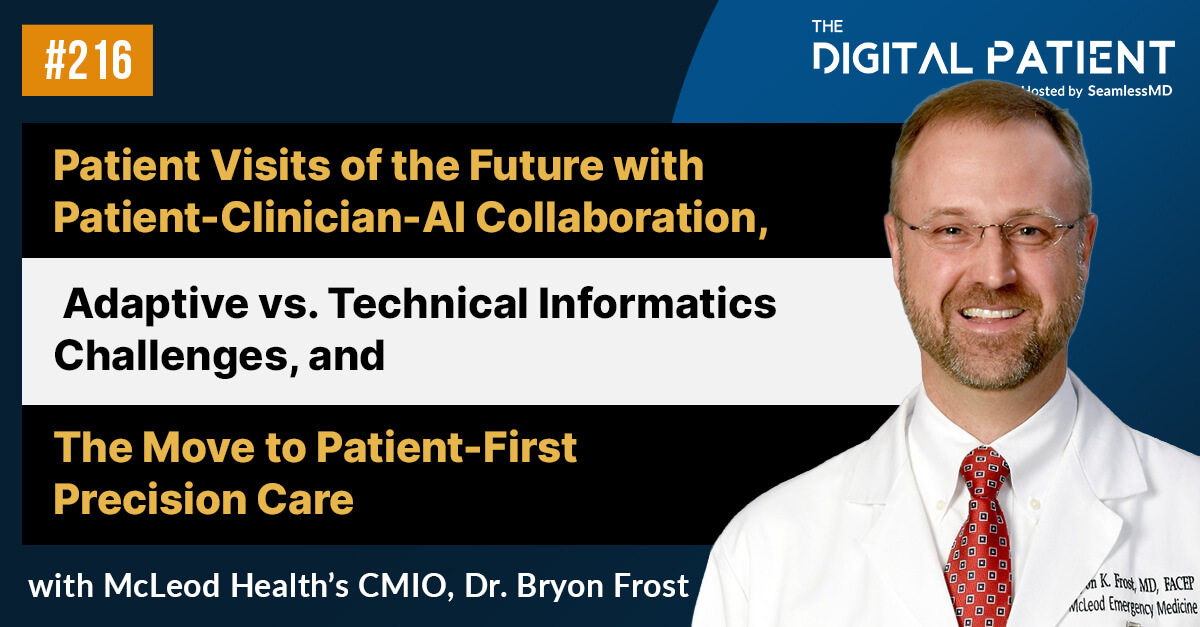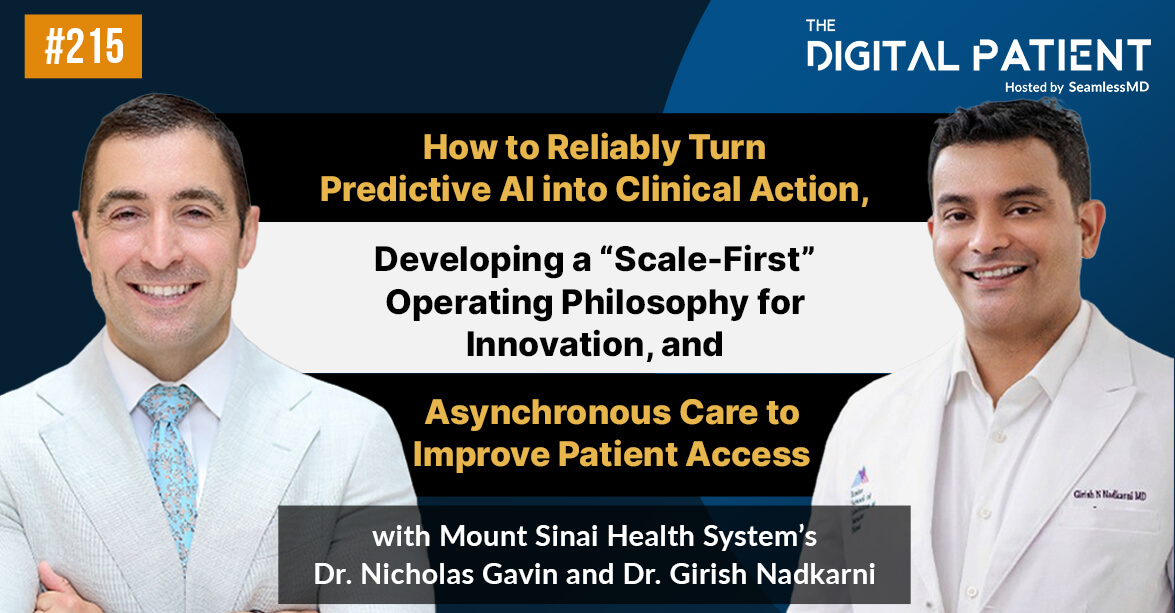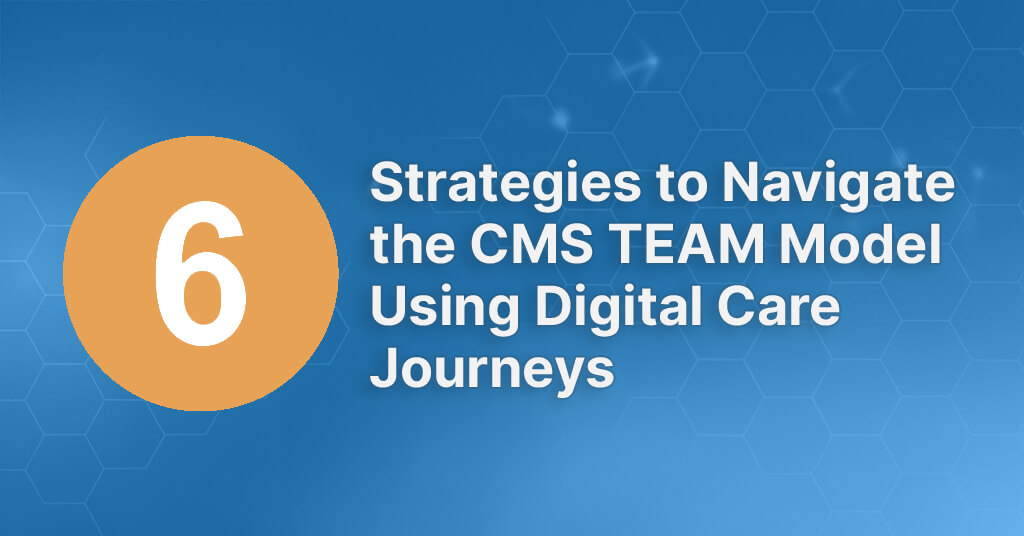Since 2017, Stanford Health Care has partnered with SeamlessMD on a number of initiatives, including the Colorectal Surgery program studying the use of SeamlessMD to deliver Prehabilitation. Prior to surgery, patients at Stanford are enrolled into a “prehabilitation” program – a preoperative program dedicated to helping patients thrive after surgery via proven preparation protocols such as breathing exercises, mindset training and diet regimen. Recently, the Colorectal team at Stanford published a study revealing “Engagement and Adherence with a Web-Based Prehabilitation Program for Patients Awaiting Abdominal Colorectal Surgery.” The study, published in the Journal of Gastrointestinal Surgery, examines whether existing health beliefs are associated with engagement and adherence in a home-based online prehabilitation program.
Patients undergoing abdominal colorectal operations were enrolled in SeamlessMD so they could receive specific nutrition and exercise education. Using SeamlessMD, the team also tracked the patient’s baseline health beliefs and mindsets, daily exercises, and weekly diet recalls. The team used multivariable binary logistic regression to predict engagement, multivariable ordinary least squares regression to predict diet adherence, and generalized linear models with a binomial distribution to predict engagement and exercise adherence.
Here are the key results from the study:
- 227 patients enrolled into SeamlessMD
- 75% patients activated & 75% patients “used” the program
- Engagement with the program was unrelated to health beliefs or mindsets
- Positive diet-related health beliefs and a growth mindset were associated with positive diet behaviors and inversely associated with negative diet behaviors
- Exercise-related health beliefs and mindsets were not associated with exercise adherence
.svg)










.png)
